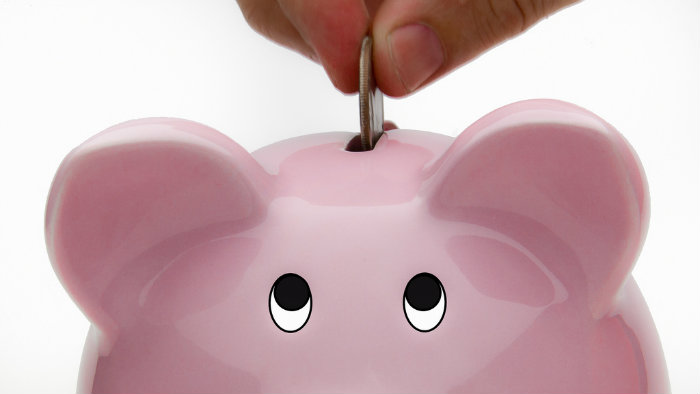In July, the Department of Finance revealed a package of proposed changes to tax policy. The changes would see constraints placed on tax planning for private corporations. The so-called gig economy, which is made up of non-traditional workers such as independent contractors, on-demand workers, remote workers, and other areas, makes up 20-30% of the workforce today. This is expected to expand as salaried work become scarcer, while temporary, part-time, and contract work become more common.
It is no accident that the Canadian government is looking to close loopholes for small businesses as the tax revenue pool may see a dramatic expansion in light of these trends. All Canadians should be taking advantage of the room in their Tax-Free Savings Accounts (TFSA), but for those in the gig economy, getting the most out of their TFSAs is crucial.
Let’s look at stocks that provide growth and income for investors to boost tax-free capital growth.
Canadian Imperial Bank of Commerce
The share price of Canadian Imperial Bank of Commerce (TSX:CM)(NYSE:CM) has fallen 2% in 2017. The stock has declined 10% since reaching a peak of $120.83 in early March. The bank is expected to release its third-quarter results before trading opens on August 24. CIBC saw profit grow 11.5% to $1.05 billion, representing $2.59 per share. The bank aims to capitalize off of U.S. growth after its $4.9 billion takeover of PrivateBancorp Inc. The Capital Markets division saw a 16% increase in net income from Q2 2016.
CIBC stock boasts a dividend of $1.27 per share, representing a 4.75% dividend yield at offering. After a tumultuous spring and summer, CIBC could be a terrific bargain with a great dividend ahead of third-quarter earnings.
Hydro One Ltd.
Hydro One Ltd. (TSX:H) made a big splash on July 19 when it announced a blockbuster deal to acquire U.S. energy company Avista Corp. for $6.7 billion. Hydro One paid for the acquisition in part by issuing $1.4 billion of debentures that are controvertible into common shares. In spite of this, the share price recovered all losses the day of the acquisition and ended in positive territory. Still, the stock has fallen 3.8% in 2017 and 10.8% year over year. The company boasts a wide moat and a dividend of $0.22 per share with a 4% dividend yield.
H&R Real Estate Investment Trust
H&R Real Estate Investment Trust (TSX:HR.UN) stock has declined 3.8% in 2017 amid fears in the real estate industry and due to rising interest rates. On August 10, the company released its second-quarter results. Net income increased by $49 million mainly due to lower deferred income taxes. The stock boasts a 6.5% dividend yield at $0.12 per share. Uncertainty in real estate may give investors pause, but second-quarter results show occupancy rates have increased since Q2 2016. Rates are still near historic lows, and Canadian officials are expressing skepticism at the viability of further hikes. H&R REIT provides an attractive dividend and another buy-low opportunity for investors’ portfolios.








